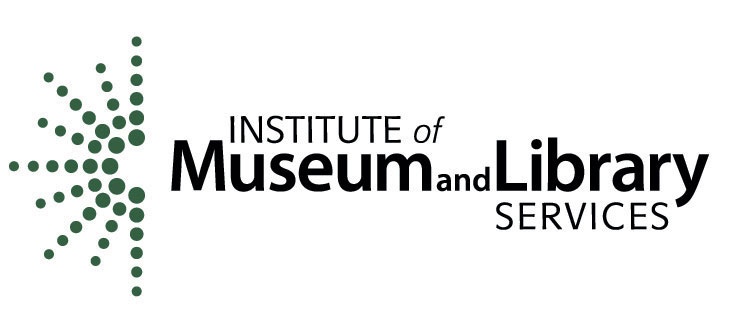Demystifying AI
September 18 @ 1:00 pm - 2:00 PM CST
In today’s rapidly evolving digital landscape, understanding artificial intelligence (AI) is crucial for navigating and making informed decisions.
In the first session, "Media Literacy Education for Adult Audiences: Demystifying AI," we will unravel the complexities of AI and explore how media literacy plays a vital role in fostering a well-informed public. Key learning objectives for this session will include:
- Understanding what AI is, how it appears in our daily life, and how it shapes our society
- Recognizing AI's limitations and capabilities
- Identifying strategies for educating adult patrons about the use of implications of AI
Navigating Data Security and Privacy
October 30 @ 1:00 pm - 2:00 PM CST
This session will cover what data security is and best practices for keeping your user information private within an ever-evolving digital landscape. Key learning objectives for this session include:
- Understanding what data security is and why it is important to be careful with your personal information online
- Identifying common digital threats/scams and how to avoid them
- Discussing strategies for educating adult patrons about the importance of data security and privacy
Decoding Algorithms
Nov 13 @ 1:00 pm - 2:00 PM CST
Comprehending the world of algorithms and the crucial role that they play in unlocking the digital world is a key part of navigating the internet. In this session, we will explore algorithms and how they fundamentally shape our digital interactions. Key learning objectives for this session include:
- Understanding what algorithms are and recognizing examples in daily life
- Identifying bias in algorithms and how it impacts the delivery of information
- Discussing strategies for educating adult patrons about the role and implications of algorithms
Navigating the Attention Economy
Nov 20 @ 1:00 pm - 2:00 PM CST
Is human attention a commodity that can be bought and sold? In this session, we will explore the attention economy and how organizations use tactics in order to attract our attention to certain products and websites.
Key learning objectives for this session will include:
- Understanding what the attention economy is and how to develop critical consumption habits
- Recognizing how the attention economy impacts information consumption and behavior
- Identifying strategies for educating adult patrons about the impact of the attention economy on their daily lives
Exploring ChatGPT and Conversational AI
Dec 11 @ 1:00 pm - 2:00 PM CST
Conversational AI is a technology that enable machines to simulate human conversation, or as ChatGPT would describe itself, “think of me as a really well-read assistant who’s here to help with a wide range of topics, from answering questions and offering advice to brainstorming ideas and providing a bit of entertainment.” In this session, we will explore what conversational AI is as well as the risks, benefits, and considerations when utilizing this technology.
Key learning objectives for this session will include:
- Understanding what conversational AI is and looking at examples, such as ChatGPT
- Recognizing what responsible use of conversational AI looks like
- Identifying strategies for educating adult patrons about the implications of using conversational AI

This project was made possible in part by the Institute of Museum and Library Sciences grant number LG-252324-OLS-22.



